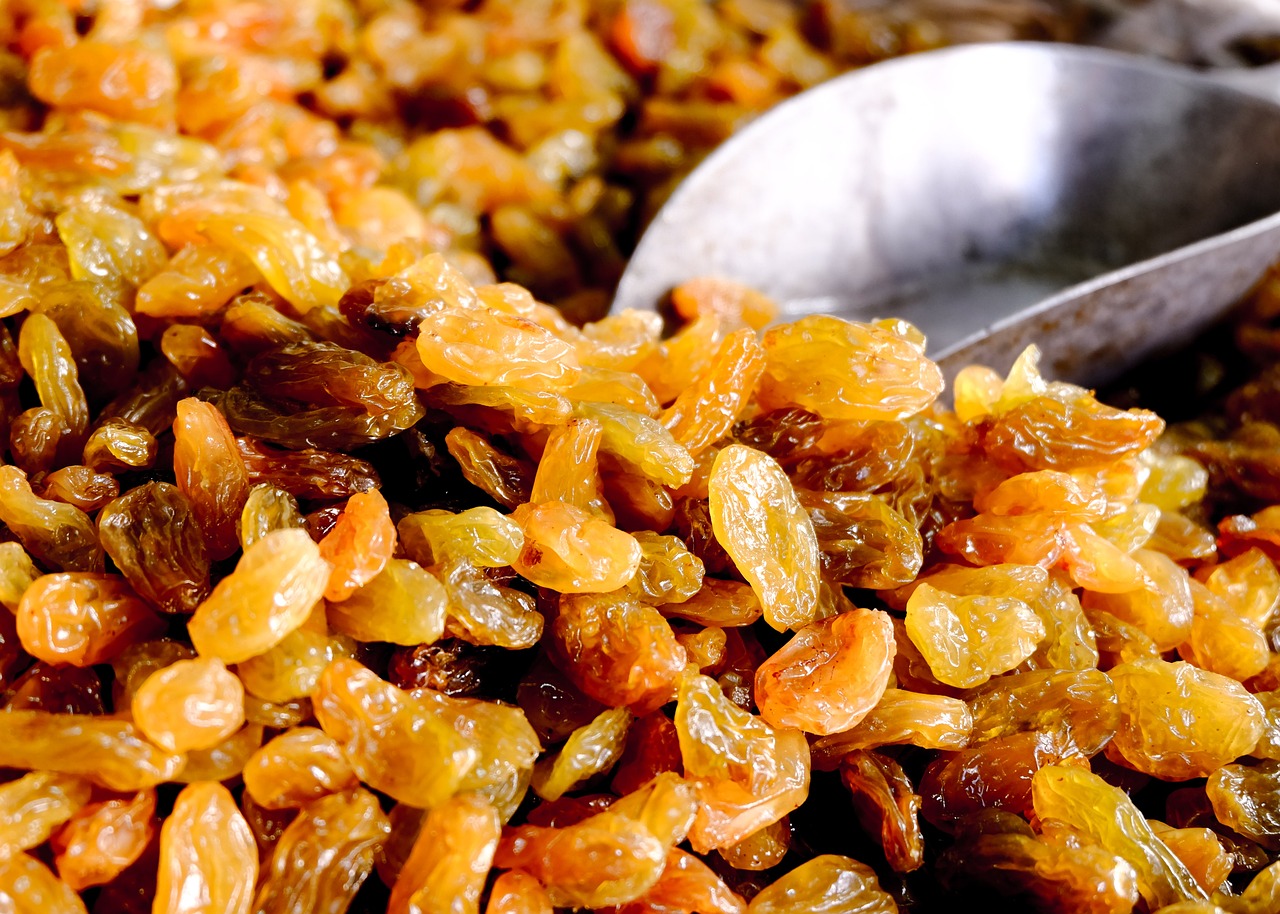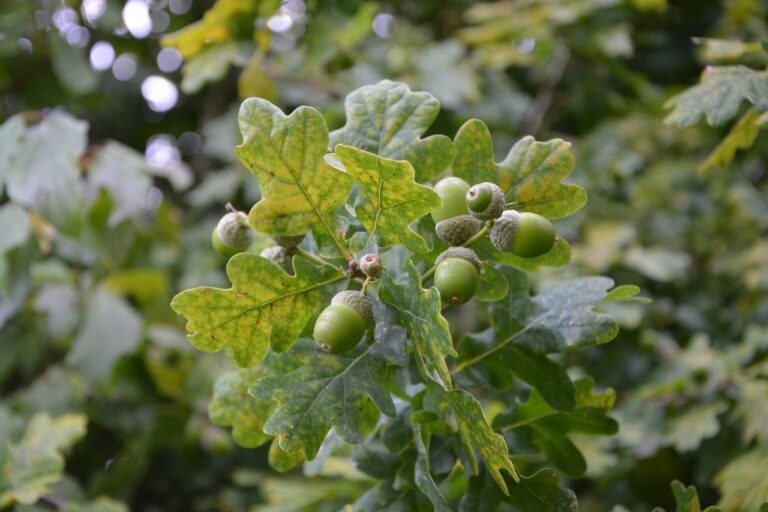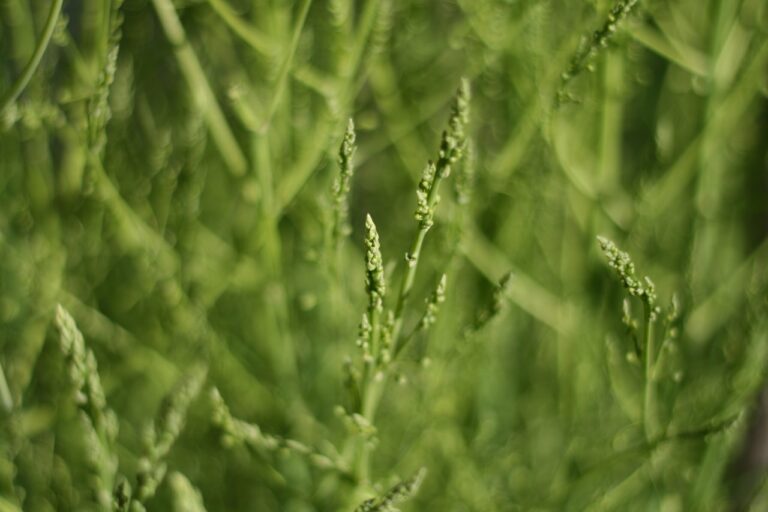The Impact of Food Waste on Wildlife and Ecosystems
Food waste is a pressing issue that continues to plague societies worldwide. Each year, staggering amounts of food are being discarded, leading to severe environmental, social, and economic consequences. Despite the fact that millions of people go hungry every day, an estimated one-third of all food produced for human consumption is wasted.
The causes of food waste are varied, ranging from inefficiencies in food production and distribution to consumer behavior and food expiration dates. In many developed countries, a significant portion of food is discarded simply due to cosmetic imperfections or overbuying habits. This wasteful cycle not only contributes to global hunger but also puts a strain on resources and exacerbates environmental degradation.
Negative Effects on Wildlife
Food waste poses a significant threat to wildlife across the globe. When excess food is disposed of in landfills, it attracts scavengers like birds and mammals which can lead to increased mortality rates due to ingestion of harmful substances or landfill equipment. In addition, the decomposition of wasted food produces methane gas, a potent greenhouse gas that contributes to climate change and disrupts ecosystems where wildlife reside.
Furthermore, the overproduction and improper disposal of food can alter the natural foraging behaviors of animals, leading to nutritional imbalances and health issues. Wildlife may become dependent on human sources of food, leading to more frequent interactions with humans and increasing the risk of conflicts and accidents. This disruption in their natural diets and behaviors can have long-term negative effects on the overall health and survival of various species in the ecosystem.
What is the problem of food waste?
Food waste refers to any food that is discarded or uneaten. It is estimated that about one-third of all food produced for human consumption goes to waste.
How does food waste affect wildlife?
Food waste can have negative effects on wildlife in various ways. When food is left out in the open, it can attract pests and predators which can disrupt the natural balance of ecosystems. Additionally, wildlife may ingest harmful chemicals or materials in the waste which can lead to health issues or even death.
What are some examples of wildlife that are affected by food waste?
Birds, mammals, and marine animals are all impacted by food waste. For example, birds may ingest plastic or other harmful materials found in waste, while mammals may be drawn to garbage dumps where they can become sick from consuming spoiled food.
How can individuals help reduce the negative effects of food waste on wildlife?
Individuals can help by reducing their own food waste through proper meal planning and storage, composting organic waste, and supporting policies and initiatives that aim to reduce food waste on a larger scale. By being conscious of our actions, we can minimize the impact on wildlife and the environment.







